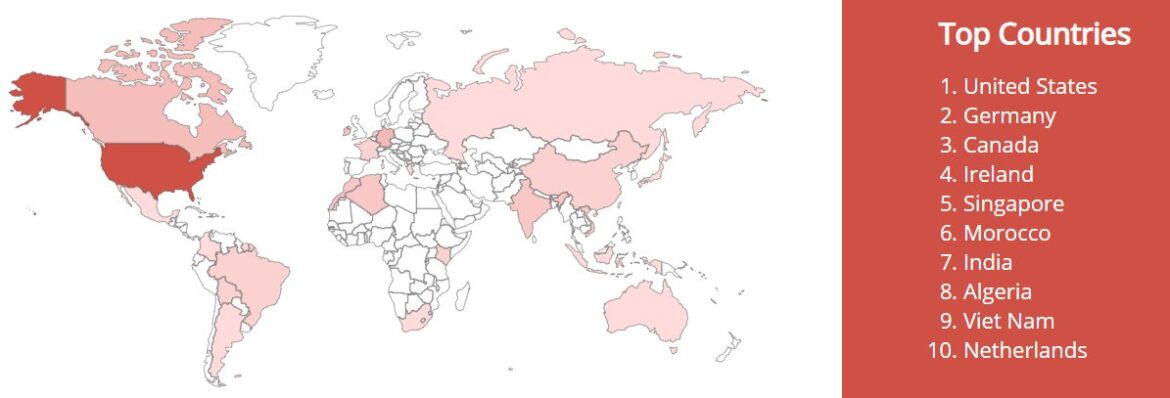“If you want to change the world, start with yourself.” In the case of security research this can be rephrased to: “If you want to make the world safer, start with the smart things in your home.” Or, to be more specific, start with your router — the core of any home network as well as an interesting research object. And that router you got from your ISP as part of your internet contract is even more interesting when it comes to research.
The small regional and first in Egypt BSides will be hosted in Cairo next week. I’m glad to support the local community of researchers with my talk “The S in IoT stands for Security: mitigating new entry points to the jewels“.
Бумажные медицинские карты и «медицинские книжки» уже давно не используются в мед. учреждениях. На смену бумажным носителям пришли электронные медицинские карты, содержащие всю историю обращений, описания всех болезней и процедур лечения пациента. Организации в сфере здравоохранения используют специальное программное обеспечение для управления медицинскими процедурами и хранения данных о пациентах.


